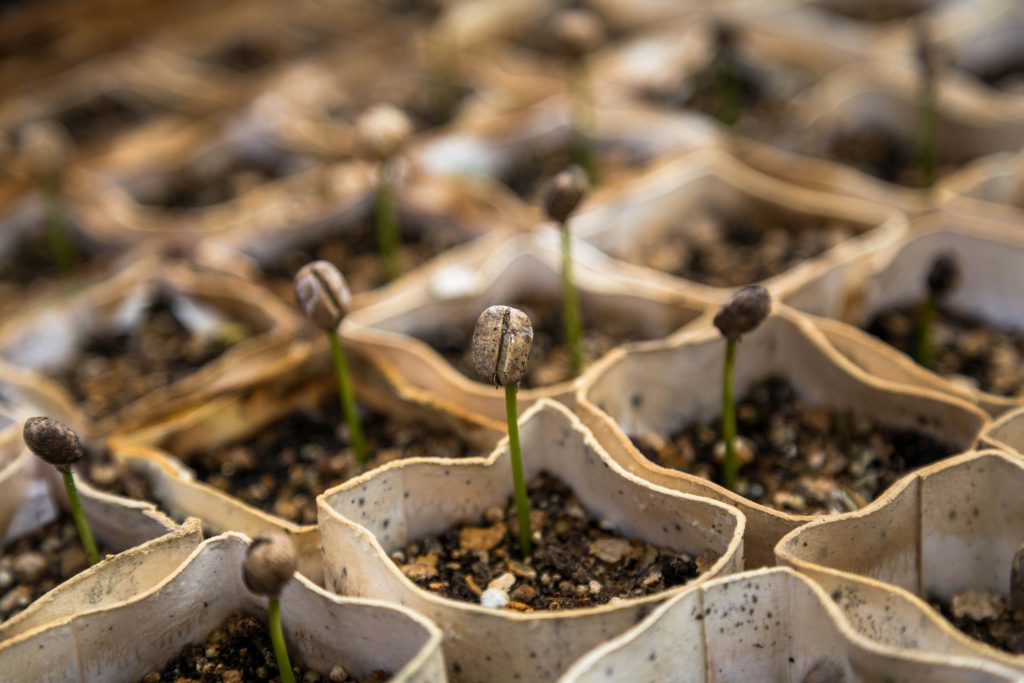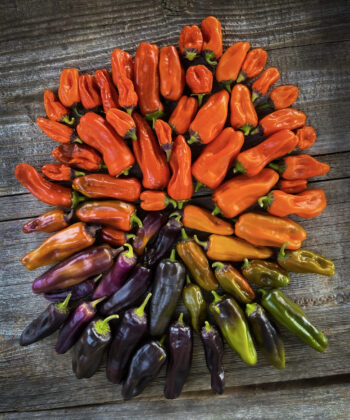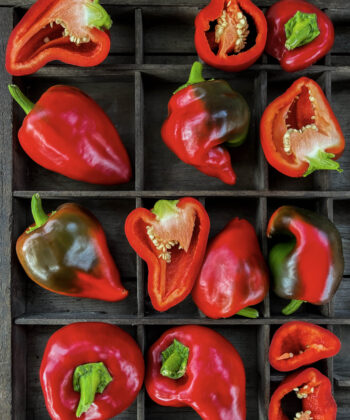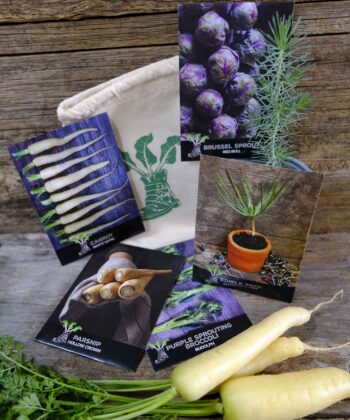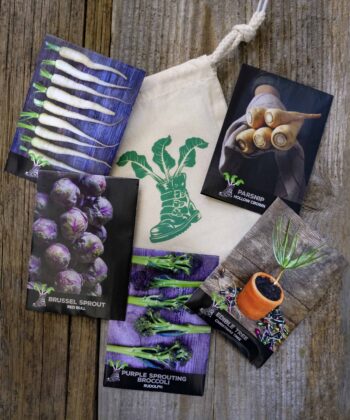Growing Advice
Troubleshooting Germination Issues
You’ve carefully planted your vegetable seeds, eagerly anticipating the sight of tiny green shoots emerging from the soil. But days, even weeks, have passed, and still, there’s no sign of germination. Before you lose hope, it’s essential to troubleshoot and identify potential reasons why your vegetable seeds have not sprouted. In this blog, we’ll explore some common factors that may be hindering germination and offer solutions to help you overcome these challenges.
Jump to a topic:
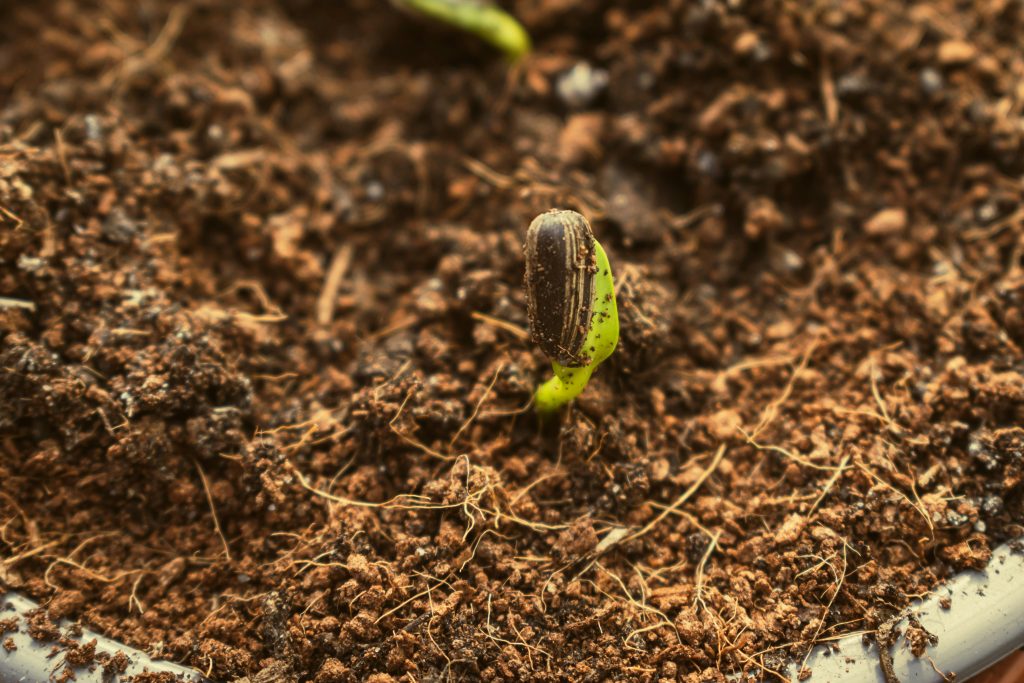
- Incorrect Planting Depth:
One of the most common mistakes gardeners make is planting seeds too deep or too shallow. Each seed has specific planting depth requirements, and failing to adhere to these guidelines can prevent proper germination. As a general rule of thumb, seeds should be planted at a depth equal to two to three times their diameter. Refer to the seed packet for precise instructions on planting depth.
Solution: Carefully read the planting instructions on the seed packet and adjust the planting depth accordingly. Use a ruler or your fingertip to gauge the depth accurately, ensuring optimal conditions for germination.
- Poor Seed Quality:
Here at She Grows Veg we test, trial and eat all of our varieties to ensure high germination rates and seed quality. Unfortunately this isn’t always the case for all seed suppliers.
The quality of the seeds you sow plays a crucial role in germination success. Old, expired, or improperly stored seeds may have reduced viability, resulting in low germination rates or failure to sprout altogether. Additionally, seeds that have been exposed to high temperatures or humidity may lose viability over time.
Solution: Purchase high-quality seeds from reputable suppliers and store them in a cool, dry place away from direct sunlight and moisture. Avoid using seeds that are past their expiration date or show signs of damage or deterioration.
Read our blog on how to germination test your seeds at home.
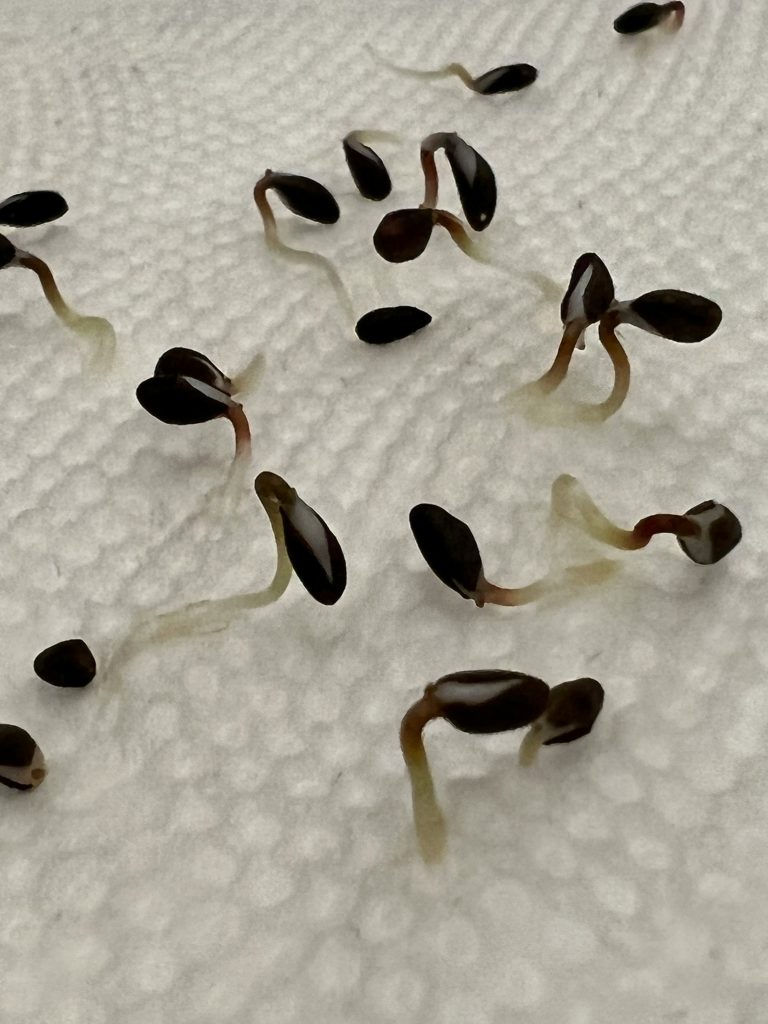
- Incorrect Temperature:
Temperature fluctuations can significantly impact seed germination, with some seeds requiring specific temperature ranges to sprout successfully. Planting seeds in soil that is too cold or too warm can inhibit germination and delay seedling emergence.
Solution: Research the temperature requirements for the seeds you’re planting and ensure that the soil temperature is within the optimal range (this is usually featured on the back of pack). Consider using a soil thermometer to monitor soil temperature and make adjustments as needed, such as using row covers or providing supplemental heat for seeds that require warmer conditions.
- Inconsistent Moisture Levels:
Maintaining consistent moisture levels is essential for seed germination, as seeds need adequate moisture to soften the seed coat and initiate growth. Inconsistent watering practices, such as allowing the soil to dry out or keeping it excessively wet, can impede germination and lead to seed failure.
Solution: Keep the soil evenly moist but not waterlogged throughout the germination period. Water seeds gently with a fine mist or use a watering can with a rose attachment to avoid disturbing the soil surface. Consider covering the seedbed with a thin layer of mulch to help retain moisture and regulate soil temperature.
Seeds can rot or drown in conditions that are too wet. Even if they dry out completely just once, that can kill the seed. So consistent, moist soil is the key.
- Soil Compaction:
Compacted soil can hinder seed germination by preventing oxygen and water from reaching the seeds, thereby inhibiting root growth and development. Heavy rainfall, foot traffic, or improper soil preparation can contribute to soil compaction, especially in clay soils.
Solution: Prior to planting seeds, loosen the soil to improve aeration and drainage. Incorporate organic matter, such as compost or aged manure, to improve soil structure and promote healthy root growth. Avoid walking on or compacting the soil after planting seeds, and use raised beds or containers if soil compaction is a persistent issue. Adopting the ‘no dig’ method can really help to avoid this.
- Sciarid fly / fungus gnats
These little black flies are often mistaken for fruit flies but they actually lay their eggs on the surface of the soil and the maggots feed on the seeds. Fungus gnats’ eggs are present in the vast majority of commercially available compost and can be dealt with with nematodes (which can be bought online and posted to you) and yellow sticky traps.
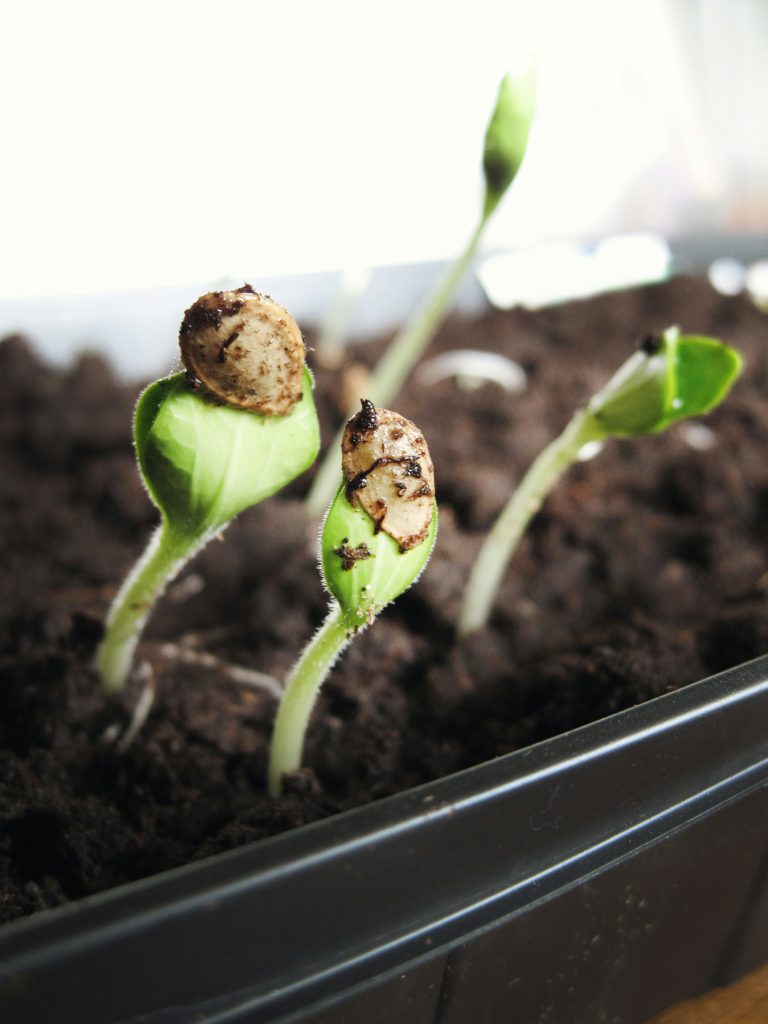
When your vegetable seeds fail to germinate, it can be disappointing, but it’s essential to diagnose the underlying causes and take corrective action. By addressing common issues such as incorrect planting depth, poor seed quality, temperature fluctuations, inconsistent moisture levels, and soil compaction, you can improve germination rates and set the stage for a successful growing season. With patience, diligence, and a bit of troubleshooting, you’ll soon be rewarded with a thriving garden filled with healthy seedlings ready to flourish.


